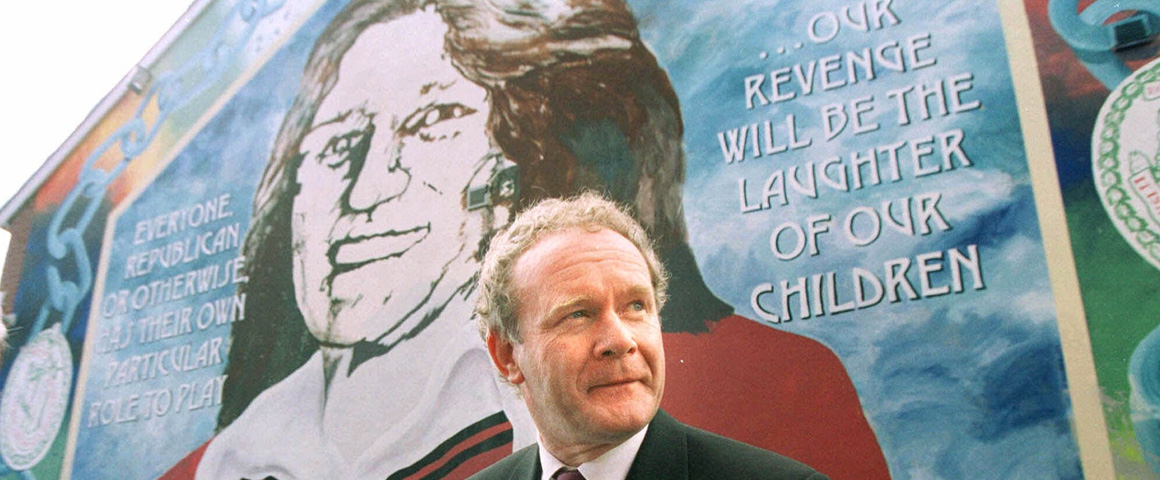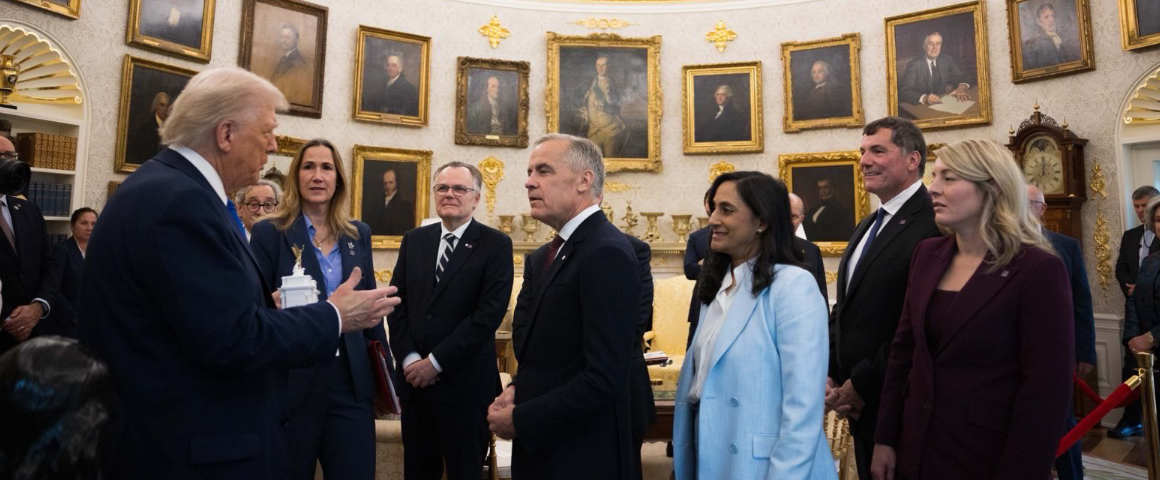A “giant of Irish politics,” Martin McGuinness, died on March 21 at the age of 66, several months after retiring due to illness. Hundreds of people accompanied the coffin that was draped in the Irish flag as it was carried through the Bogside area of Derry to his home.
McGuinness’s long-time friend and political ally Gerry Adams said he was “a passionate republican who worked tirelessly for peace and reconciliation and for the reunification of his country.”
Irish President Michael Higgins paid tribute to “his immense contribution to the advancement of peace and reconciliation in Northern Ireland.”
He was born James Martin Pacelli McGuinness in Derry’s deprived Bogside neighbourhood in 1950. He spent his political life fighting for the unification of Ireland and will be remembered for his role as the main republican architect of the peace process that led to the power-sharing Good Friday Agreement. It was part of a process that saw him transform from paramilitary to peacemaker — which culminated in the former IRA commander becoming Stormont’s deputy first minister in 2007.
McGuinness joined the IRA after witnessing the vicious treatment of Catholics protesting peacefully for civil rights in the 1960s. Rising quickly through the ranks, he was the IRA’s second-in-command in Derry at the age of 21 when British troops opened fire on a peace march in the city on Bloody Sunday in 1972. Fourteen people were killed by British Army soldiers who shot unarmed protesters and those who were helping the injured.
Adams explained: “Martin McGuinness didn’t go to war, the war came to him. It came to his streets, it came to his city, it came to his community. When we were arguing for civil rights, we got the answer. When we were arguing for basic modern reform, we got the answer, and it was a militaristic answer.”
Sinn Fein leader in the north Michelle O’Neill said McGuinness “was truly a giant of Irish politics and was known and respected across the world. He was an international statesman. He was a man that was recognised as a peacemaker and a man that touched the lives of so many people … his impact will be felt for many years to come.”
British Labour leader Jeremy Corbyn praised his “immeasurable role in bringing about peace in Ireland,” saying “the past 20 years have shown us that if there is leadership and the will on all sides, we can achieve change.”




